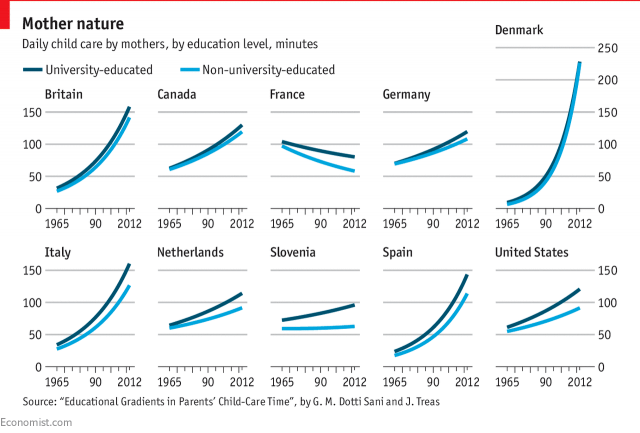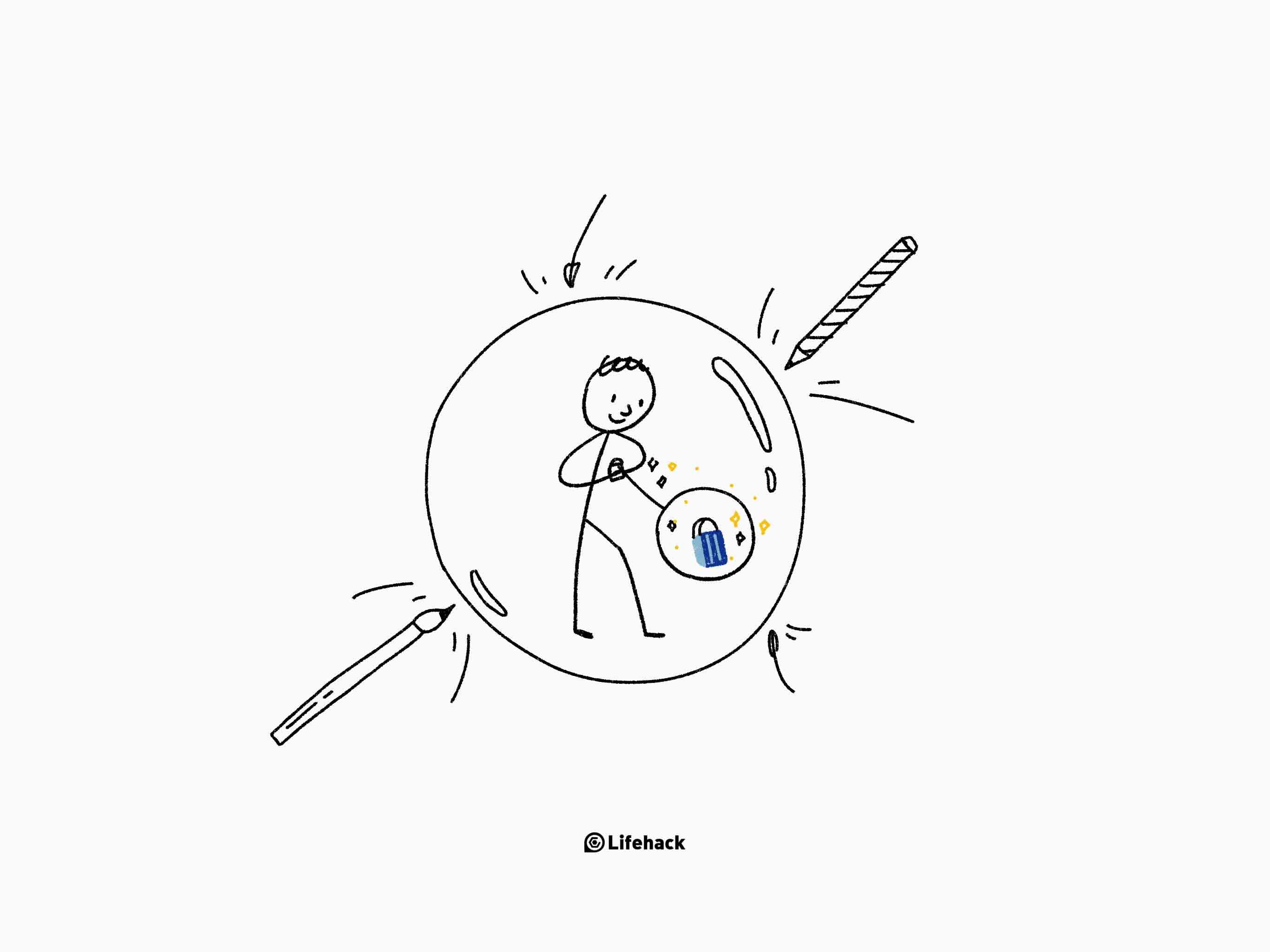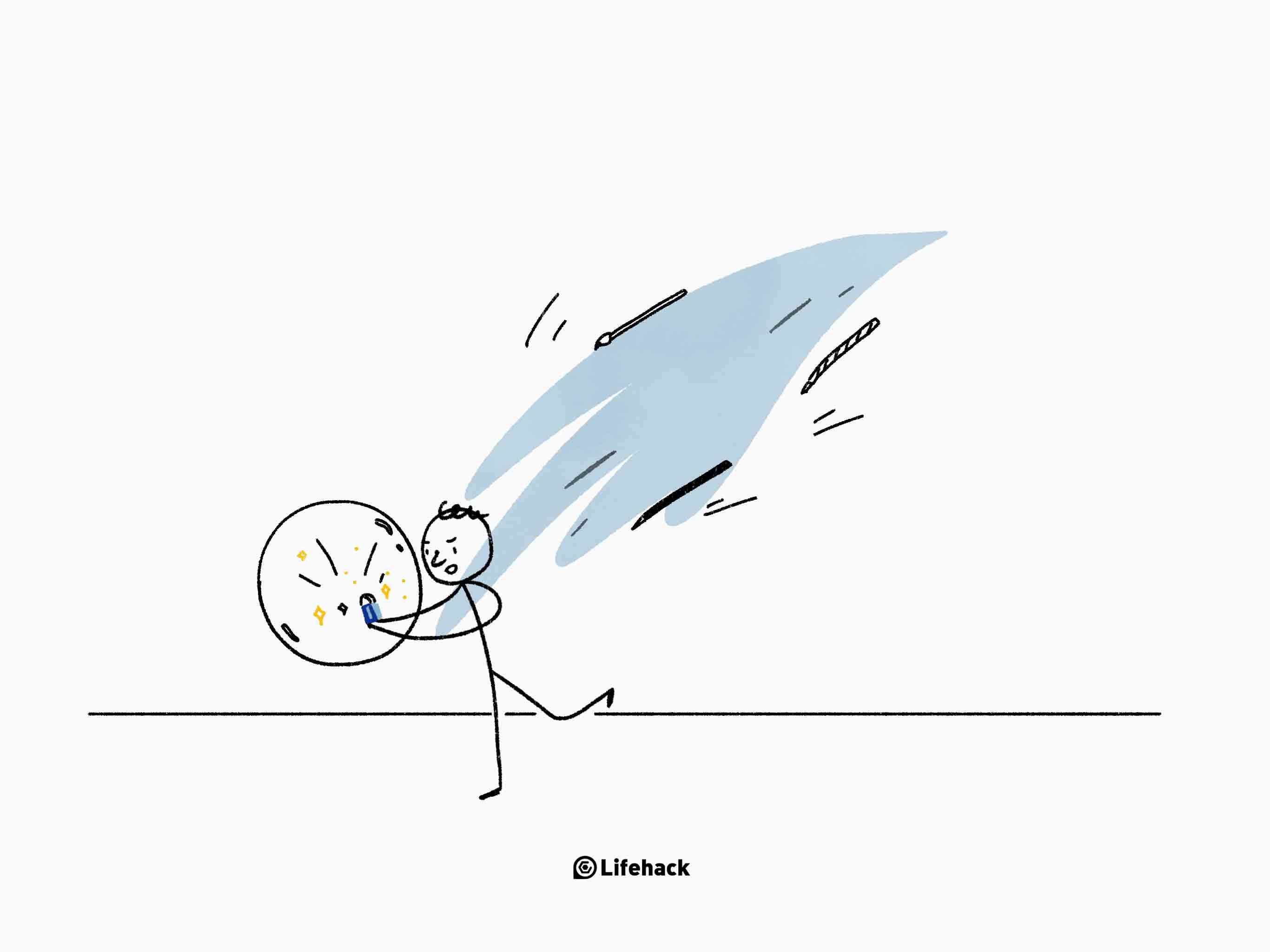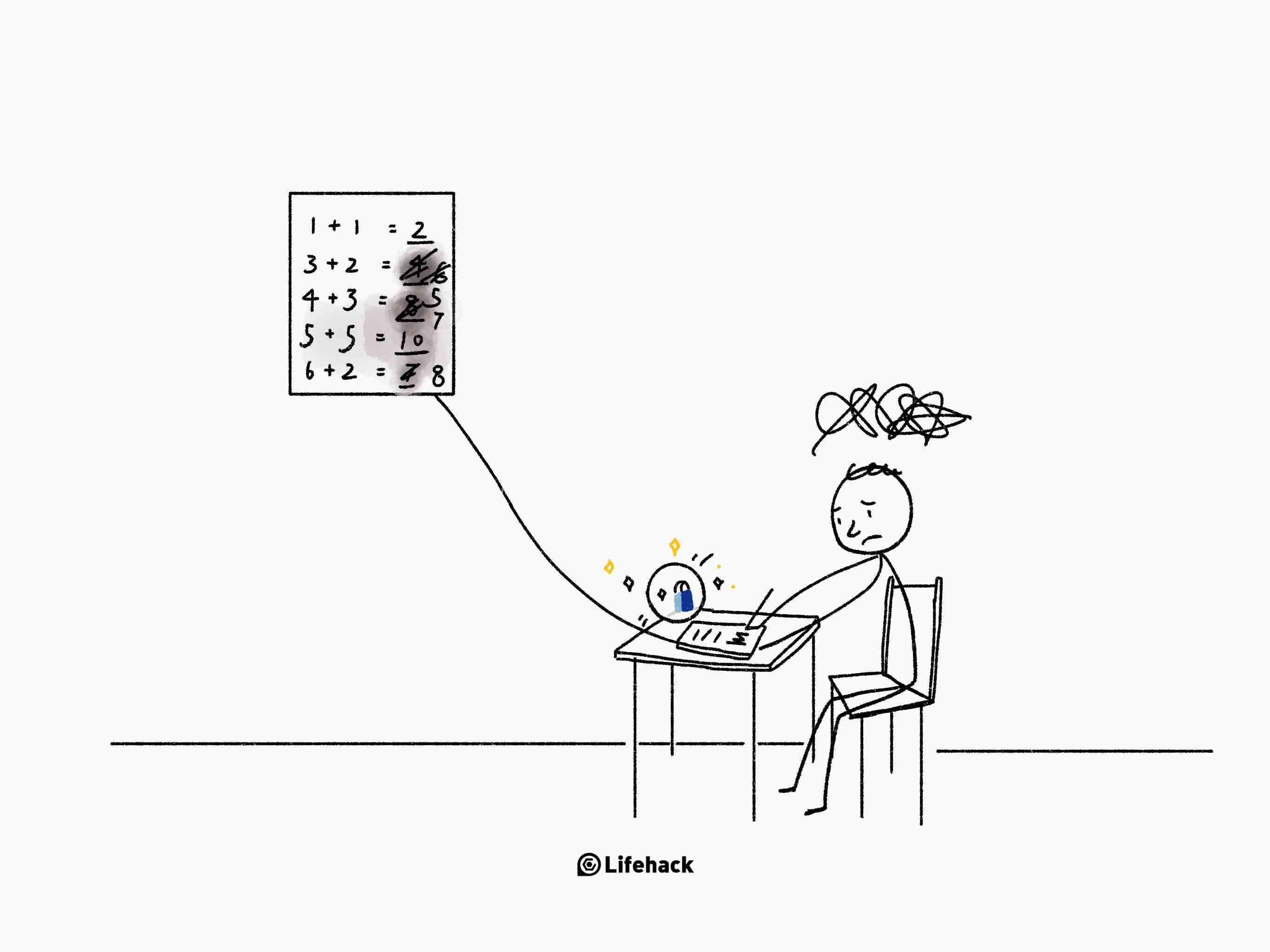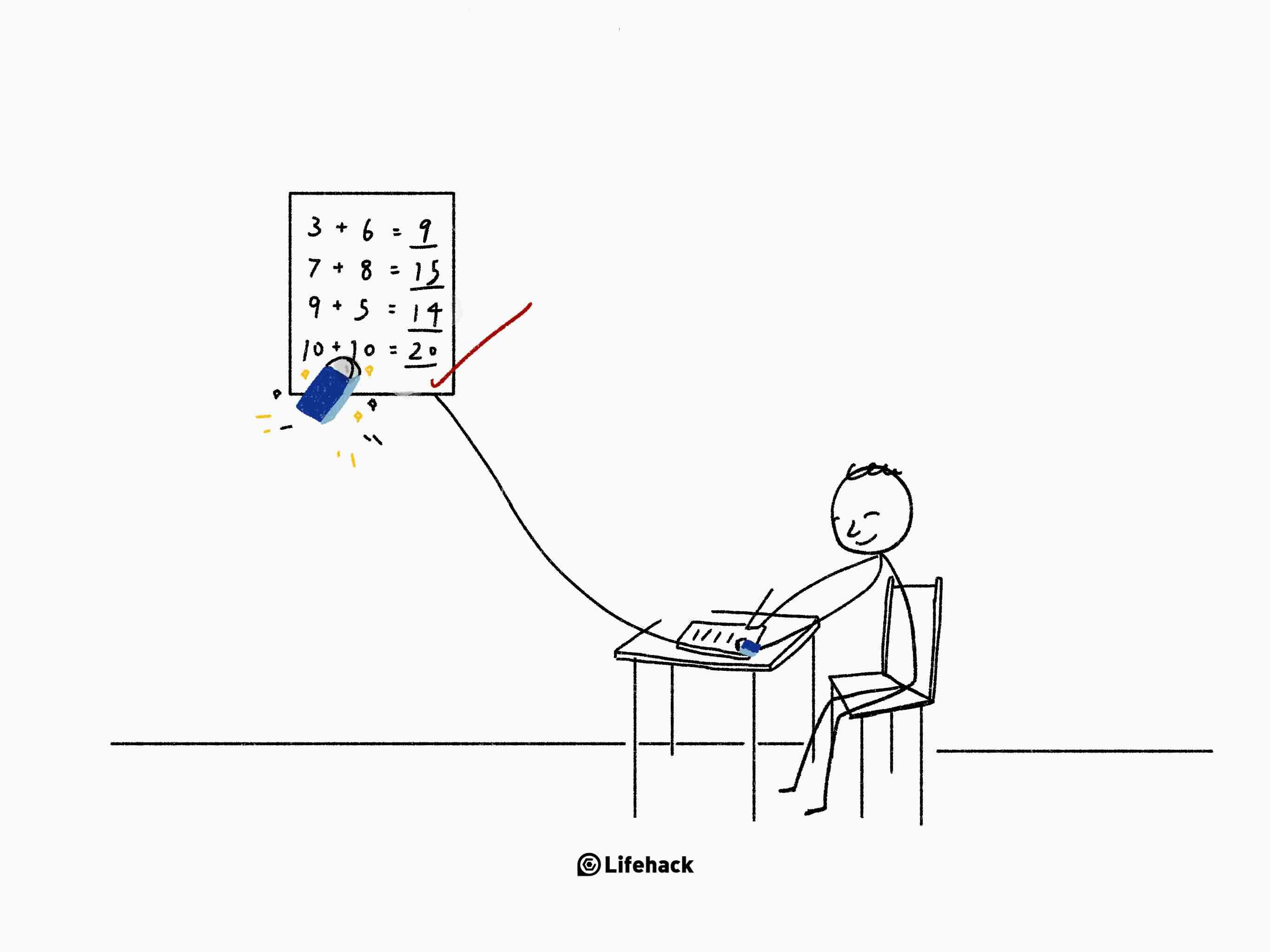Take a look at these graphs that show the trend of time spent with children since the 1960s:
Every parent wants what’s best for their children. Most, if not all of lifestyle and parenting choices are centered around trying to provide the best opportunities for their kids. Parents are preoccupied trying to ensure their kids are healthy, safe, have access to the best education and are set up to be successful adults. Parents don’t mind going the extra mile to make sure their kids are doing okay. They pick their son up from college in a blizzard because he wants to spend the weekend at home. They insist that their daughter discuss every decision with them–no matter how small to help them avoid making mistakes of any kind. And though these intentions are honorable, the methods could be doing the parents (and the children) more harm than good.
Protection Going to Extreme
Think back to a time when you were in grade school. You probably had special school supplies that you loved. It could have been a special notebook or maybe it was a pencil or a special eraser. Because you liked it so much, you worked hard to preserve it. Your special eraser became an item that was for show and was never used. You didn’t allow anyone else to use it and you worked hard to keep it clean and in pristine shape.
Instead of allowing your eraser to serve its purpose and help you erase your mistakes, the item became a source of stress. Whenever you’ve accidentally caused some dirts on the eraser, you blame yourself for it. Not only could you not use, you had to actively work to keep it safe and in perfect condition.
Now that you look back on the incident, you understand that these actions were irrational and silly. The eraser was created to be used. You were supposed to erase things with it. It never truly served its purpose. The same principle applies to over-parenting.
Stressful Kids and Stressful Parents
Parents have to be careful that they don’t project their own issues and ego onto the kids. If the child isn’t doing well, our culture has a way of making the parent feels as though they’ve done something wrong. Parents are pressured into feeling that their child’s successes and failures are a direct reflection of themselves. Consider the following questions:
Do you think that children’s accomplishments are a direct reflection of good parenting? Does a child’s bad behavior signify a failure by the parent?
If you answered yes to most of the questions above, such parenting is more ego-driven and is less beneficial to the kids than you think it is. The better the kids do, the better the parents feel about themselves as a parent. Parents’ value and worth have become directly tied to the success and/or failures of the children. This creates a mountain of unfair stress and pressure on parents. When parents’ focus is completely on their children and their work tirelessly to keep them from experiencing failure and making mistakes, they set themselves up for disappointment and depression. A 2013 National Health Interview Survey reported that five percent of all U.S. parents living in two-parent families with their children, and eleven percent of single parents, report two or more depression-related symptoms.[2] Parents’ world shouldn’t revolve entirely around their kids because it can cause them to lose their own identity. All of parents’ likes, dislikes, hobbies and interest become driven by their children’s interests and needs. They no longer know what they truly enjoy doing, who they are and they can’t take time for themselves. Always allowing children to be the number one priority and the center of parents’ joy is unfair to others in the life. Parents’ relationships will begin to suffer and they may be tempted to put their marriage on the back burner as is the case with many couples with children. Over time, if parents continue to neglect their romantic relationship, the relationship will wither. This is a path to stress, unrelenting pressure and unhappiness for parents. Parents may believe that once their children are grown, they can focus on themselves a bit more and reignite the romance with their partner. But the truth is that once parents have established a pattern of co-dependence, it doesn’t end with the kids becoming adults. Parents will continue to worry, over-parent and allow their children to rule their universe for the rest of their lives.
Bringing Back Joy to Parenting
What is the key to healthy parenting? Relax. Like the eraser example mentioned before, let it do its job and don’t get too worried about making it a little bit dirty.
Children are going to make mistakes. In fact, they need to make mistakes. Shielding the children from failure shields them from valuable life lessons, robs them of the tenacity and fortitude failure provides and it tampers with their destiny. Being a child is the safest period to fall and learn to be independent. When children fail early, they learn stuff earlier too. When parents accept wrongdoings, for their kids and for themselves, they’ll be less stressful. Not only does this make both parents and their kids happier, children will also grow up handing things independently. They’ll grow up as a real adult who can take good care of themselves in the long run. The litmus test of good parenting is not determined by the successes and failures of the children. Preventing the children from making mistakes is an exercise in futility and counter-intuitive. A parent’s role isn’t preventing failure but showing their child how to get up and recover when they do fail. It is parents’ job to demonstrate how they should handle mistakes and cope with missteps with integrity. This is how parents truly impact and shape their character. Parents’ job is to love unconditionally, guide and gently correct their children. Parents are not their child’s savior, force-field and life compass. So, relax, stop hovering and have a bit of faith in the process. The kids will be just fine.
